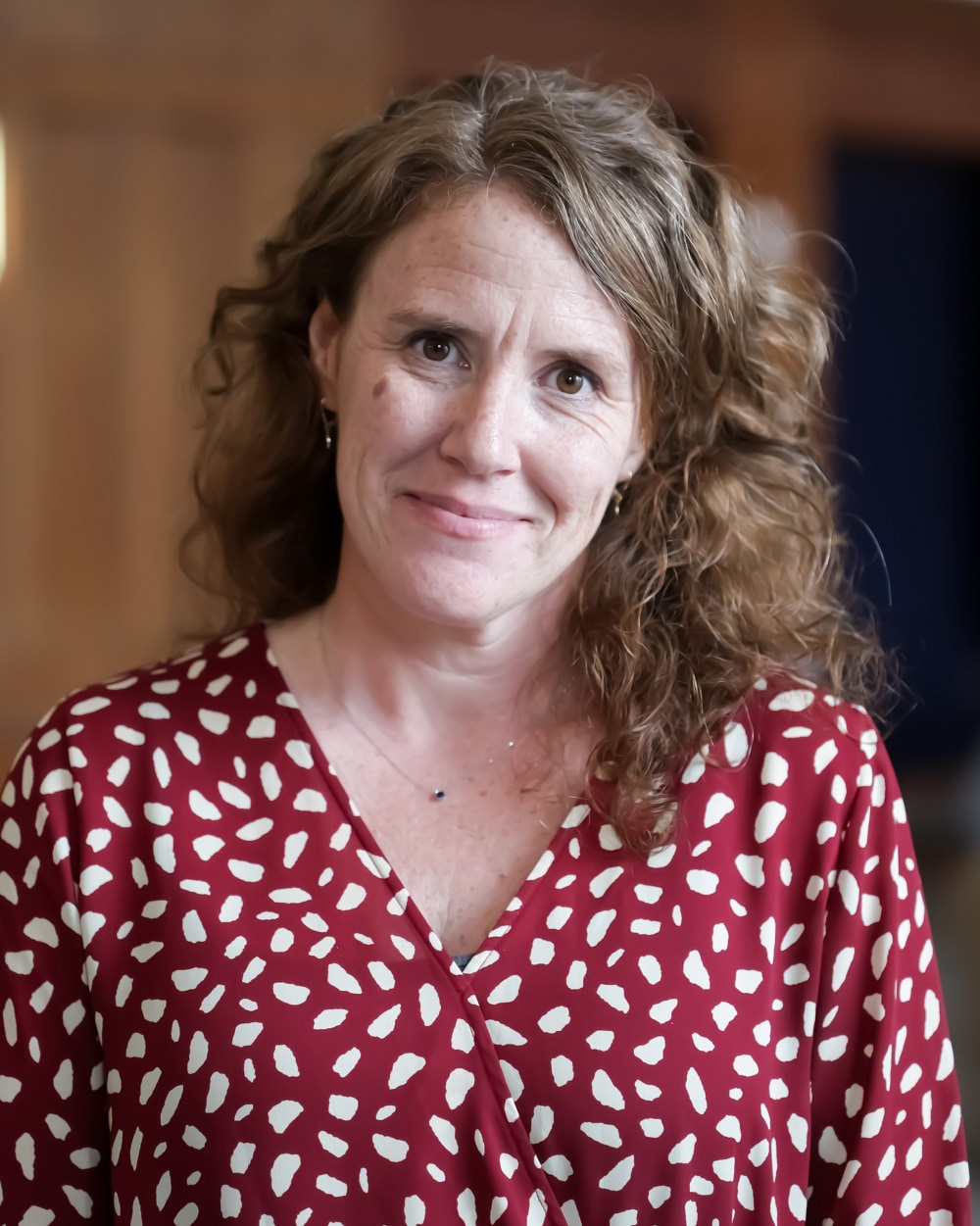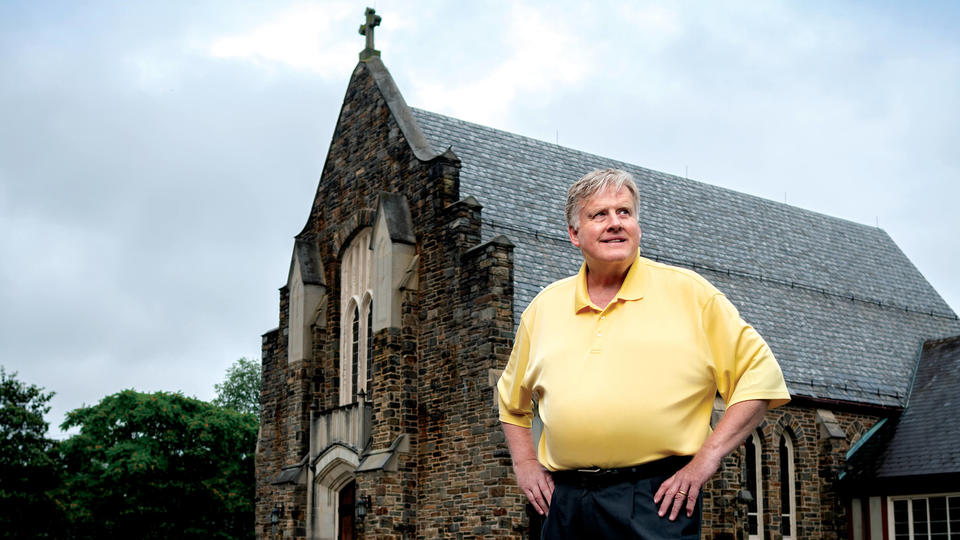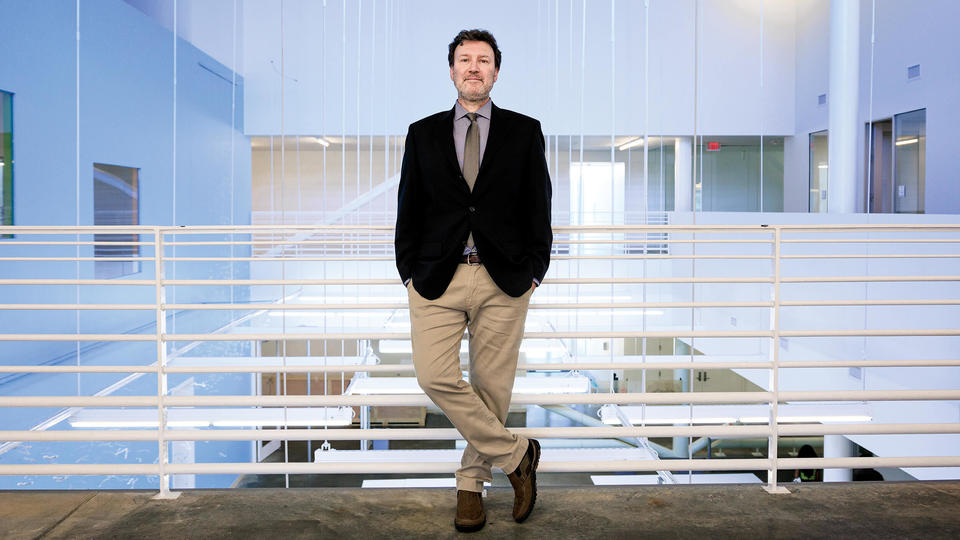
Letter from the Editor

The first year in any new job is getting to know the people, the culture and the place — and I have spent the last few months doing just that. I’ve sipped Audrey’s coffee with staff to learn more about the services and opportunities we offer students. I’ve talked with faculty members to learn more about their research. And I’ve had great conversations with alumni about their career paths and story ideas.
When work is all said and done at the office, I’ve spent a lot of time getting to know the very cool city of Houston — its neighborhoods, like the Heights and Montrose; its outdoor walking spots, including Hermann Park and the new land bridge in Memorial Park; and its food, from the obvious Tex-Mex and barbecue delights to the extensive global cuisine that Houston offers, including any African, French, Mexican, Indian or Asian dish you’re after.
But our location gives us so much more than delicious meals and trendy neighborhoods. We sit at the center of one of the largest, most diverse cities in the U.S. with more Fortune 500 companies than any other city except New York City. This allows us to do what great educational institutions do best: give our students and faculty the resources and connections they need to solve global problems for the betterment of all.
One of those global issues is the coming energy transition. Our location in the energy capital of the world puts Rice in an ideal spot to study one the largest issues of our time. The decades-long transition to cleaner energy will be daunting as businesses try to grapple with the right decisions to move forward. To prepare, Professor Nicola Secomandi recently took on a new role at Rice Business: senior advisor to the dean on energy transition. Secomandi will be the first to tell you that he doesn’t have definitive answers. But he does know Houston is a great spot to find them, to have these conversations, to conduct this research and to collaborate with partners in the city. — Maureen
Our location allows us to do what great educational institutions do best: give our students and faculty the resources and connections they need to solve global problems for the betterment of all.
Email: maureen.harmon@rice.edu


